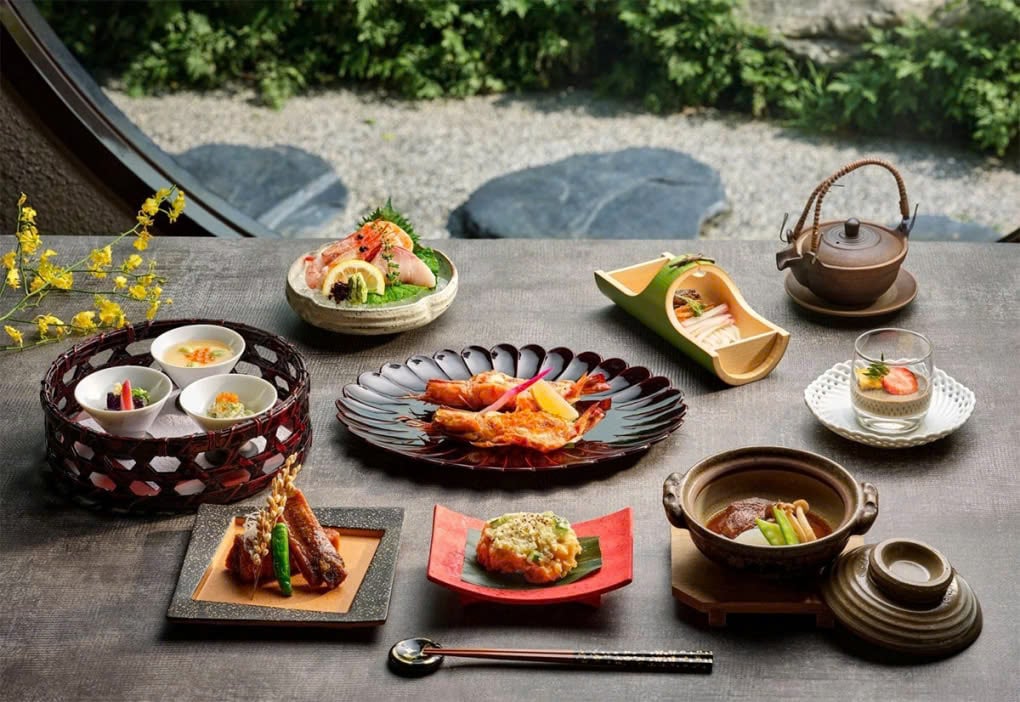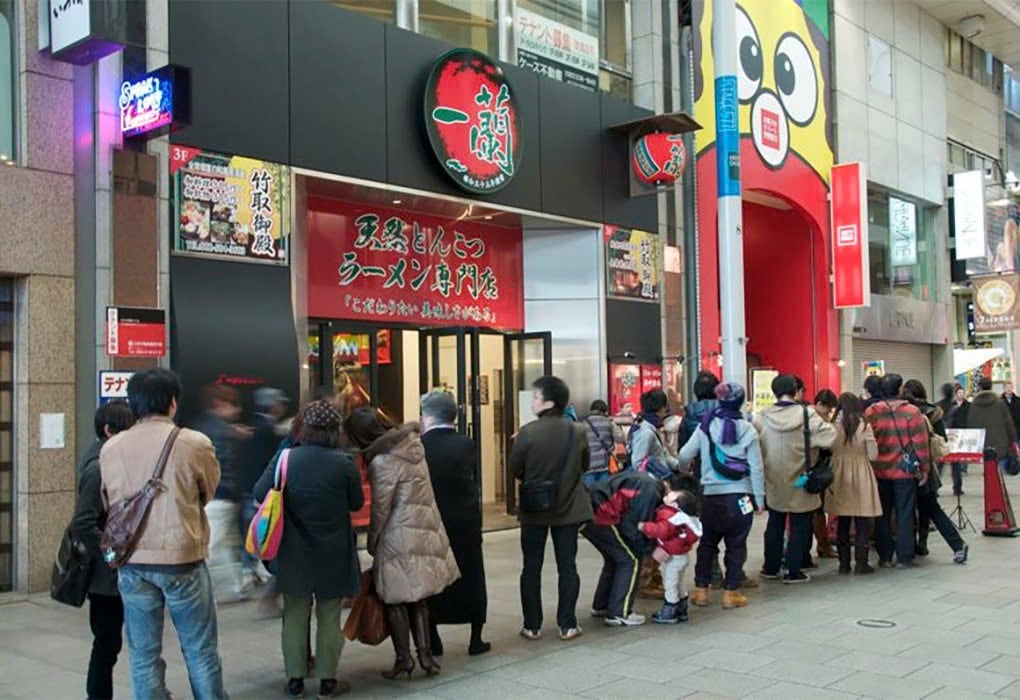Famous restaurants in Japan sell out faster than Taylor Swift tickets. Cheap noodle shops have lines longer than Disneyland rides. They’re often crowded because they’ve been raved about on TikTok or won some international award. The accolades are well-deserved, but there are plenty of other places that are just as good, if not better.
So, if you are planning a trip to Japan, keep in mind the tips below to enjoy delicious meals without worry.
Know where to go

Use Tabelog to find a place to eat. While Google is easier to find, the reviews are often mixed. Many places give 3 stars to Japanese people, but Americans give 5 or 1 star. Tabelog is mostly for locals, so listen to them. A 4-star review from Japanese people is considered a sign of a good restaurant.
Many people want to try traditional multi-course meals (kaiseki), delicately seasoned, executed with the precision of a culinary ballet. If you stay at a traditional inn (ryokan), this type of food will be served as a side dish, so if you eat out, opt for other options, such as teppanyaki.
For sushi, save it for coastal cities for freshness.
Don't be offended if some restaurants refuse foreigners. That's because the owners want to interact with customers, tell jokes, and build relationships. Language can be a barrier here. Many places have a "No Foreigners" sign, but next to it there is often a line in Japanese that says "If you read this, please come in." Even if you only know a few words of Japanese, such as Oishi desu (This is delicious), you will be welcomed anywhere.
Dinner set
If you have your sights set on a particular location, book a table as early as possible.
Alternatively, if you have a hotel reservation, you can ask the front desk to make reservations at restaurants with specific requests, such as sitting at the sushi bar. Asking friends in Japan to call and make reservations is also a good option, as is hiring a tour guide. They may suggest places you would never find on your own.
Also, choose foreigners who have lived in Japan for many years and speak fluent Japanese. They will help bridge the cultural gap between tourists and locals.
Convenience stores are magical
Convenience stores, or konbini in Japan, have it all. You can get cheap and delicious egg salad sandwiches at Lawson or 7-Eleven all day long. FamilyMart is also a great place to shop for high-quality convenience items.
The yen is at an all-time low, but that doesn’t mean you should skip the convenience stores. Konbini shopping is great. Some even have better everyday basics than Uniqlo. If you want fast, authentic, and cheap food, try Kyoto’s obanzai. These family-style eateries often have set menus at low prices. A meal of tempura and sashimi at Kokora Ya, for example, costs around $6.
Avoid the ramen trap

Be wary if someone says it's "completely worth waiting two hours for a bowl of ramen." The idea of ramen is to eat quickly. Eating ramen as a foreigner is like watching figure skating. You can't tell the difference between a 9.8 and a 9.9.
Don’t be the hundredth person in line at the famous Honke Daiichi Asahi in Kyoto or Chukasoba Ginza Hachigou in Tokyo. No bowl of ramen is good enough to warrant giving up an afternoon of exploring the city. Instead, try a place that doesn’t get the hype. Good ramen can be found everywhere in Japan.
Some basic rules of conduct
In Japan, the customer is not always right. Social commitments in Japan are two-way. Diners expect restaurant owners to be hospitable, and owners expect customers to behave with a certain level of politeness.
Punctuality is important. Being late is simply not acceptable in Japanese society.
Talking loudly and taking ostentatious selfies are also big mistakes. Tipping is considered rude and can be seen as an unwanted act of charity for people who take pride in their work.
Trust in the quality of Japanese food
The standard of food quality in Japan far exceeds that of most other places in the world. As a result, few tourists are disappointed with Japanese cuisine.
With that in mind, take a risk and choose somewhere out of the ordinary, somewhere that no one else has heard of. If you can’t get a table at a Michelin-starred restaurant or ramen shop, that’s okay. Let things be. There’s something exciting about stumbling upon a great restaurant.
According to vnexpress.net
Source: https://baohanam.com.vn/du-lich/6-meo-de-an-ngon-o-nhat-ban-160755.html



































































































Comment (0)